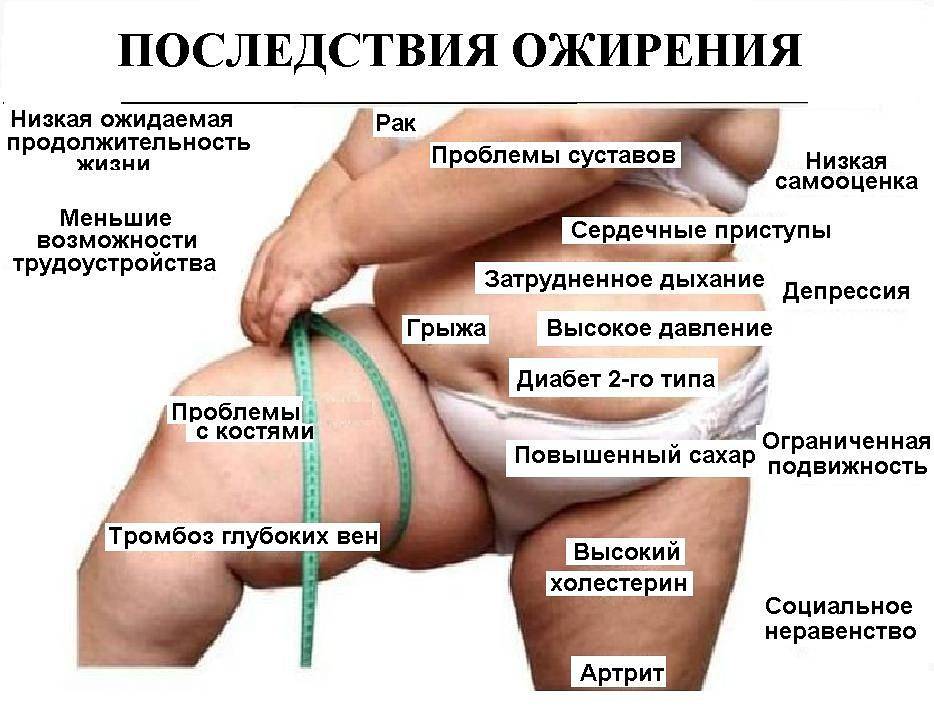Obese people’s brains stop responding to signals that help them feel full after eating certain nutrients, according to a new study.
The study suggests that obesity can permanently damage the brain’s ability to process signals that make people feel satisfied and full after eating foods high in sugar and fat.
When a person eats the stomach and intestines send signals to the brain informing the presence (receipt) of nutrients. It’s a process that scientists say is critical to regulating eating behavior. A new study found that in people with obesity, the ability of the brain to respond to these signals is significantly reduced.
Researchers have studied how the brain responds to two types of nutrients − sugar and fat – in people with a body mass index of 25 or less, considered a healthy weightand in people with BMI of 30 or more considered obese.
The scientists used feeding tubes to send sugar or fats directly into the participants’ stomachs and then examined the brain’s chemical reactions to these foods using functional magnetic resonance imaging (fMRI).
The study showed that in people with lower BMIs, sugar and fat supplementation caused decreased activity in several brain regions involved in hunger regulation. However, obese people, they did not find any reaction of the brain for these nutrients.
“It was amazing,” said study senior author Mireille Serli, a professor of gastroenterology, endocrinology, and metabolism at the Yale School of Medicine. “We thought that thin people and obese people would react differently, but we did not expect such a lack of changes in brain activity in obese people,” the expert said.
To see if it’s possible reverse lack of brain response in obese peopleThe researchers asked obese study participants to follow a weight loss program for 12 weeks. Even those who have lost at least 10% of their body weight the lack of brain response to sugar and fat remained constant.
The advantage of the study is that the scientists injected the nutrients directly into the stomach, avoiding the possibility that the brain’s reaction may depend on the taste of food, says Samuel Klein, professor and director of the Center for Human Nutrition at the University of New York, Washington School of Medicine, who was not involved in the study. “The results show that changes in how the brain responds to nutrient intake in obese people may contribute to the high calorie intake that causes obesity and weight recovery after diet-induced weight loss‘, says Dr. Klein.
The results are published in the scientific journal Nature Metabolism.
Recall, as we wrote earlier, an injectable drug has appeared on the market that helps fight obesity, “turns off” hunger (reduces appetite). All Hollywood stars lost weight on it (and even Elon Musk, who did not hesitate to admit it). However, now the scientists of the institute that produces semaglutidetook care to find the “point in the brain” that turns off appetite in order to develop drugs aimed solely at weight loss.
Attention! The drug is prescribed by a doctor after careful analysis and diagnosis! Remember, self-medication is dangerous.







More Stories
How to cleanse your body in a few hours
Is breast cancer associated with eating red meat?
Easter: what to pay attention to during the festive feast